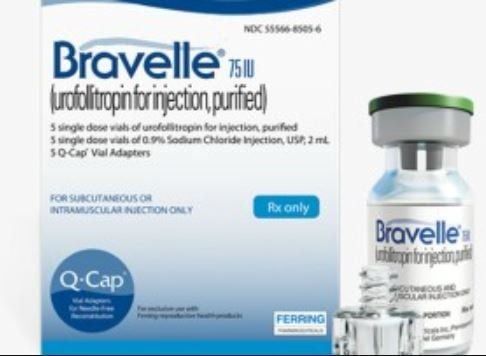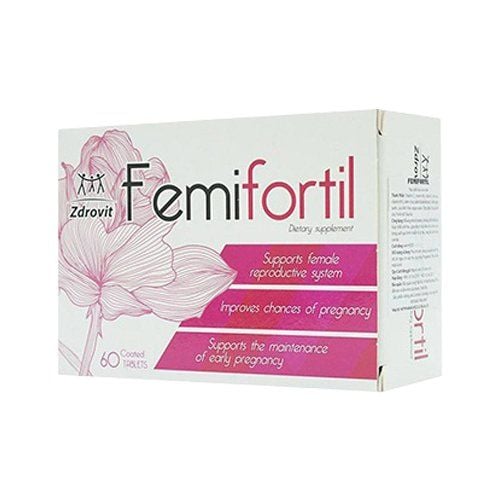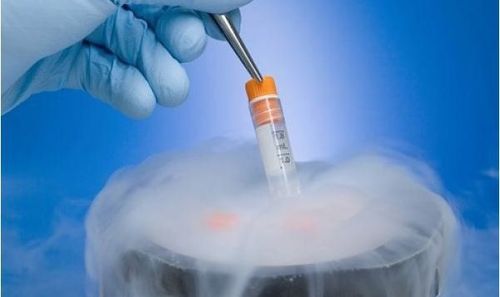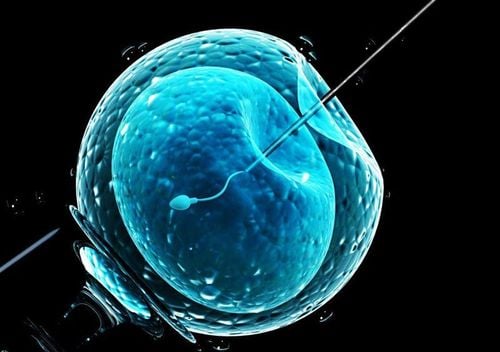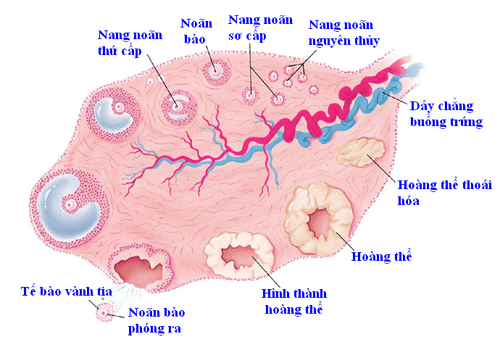This is an automatically translated article.
In vitro fertilization (IVF) is a fast and highly successful assisted reproduction method that brings happiness to many families. However, the rate of IVF failure is still not small. In this case, the time to repeat IVF will depend on the condition and health of the infertile couple.
1. Learn about IVF
1.1 What is IVF? IVF (In vitro fertilization) is a technique to treat infertility - infertility. During IVF, the husband's sperm and the wife's egg are fertilized in a laboratory to form an embryo. After 2 - 5 days of external culture, the embryo will be returned to the woman's uterus and develop into a fetus.
IVF is a highly successful technique for blocked fallopian tubes, damaged fallopian tubes, absence of fallopian tubes, endometriosis, mild sperm abnormalities or unknown infertility cases. cause in both husband and wife, for a long time unable to conceive with other infertility treatments.
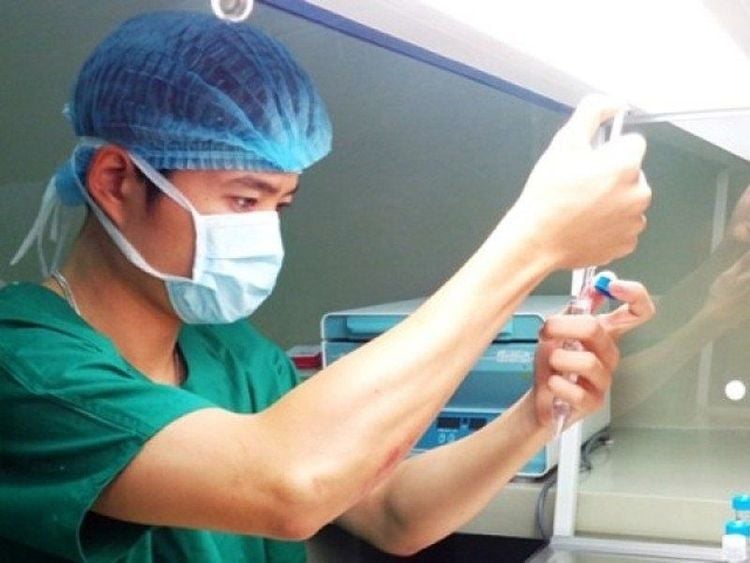
IVF là một trong những phương pháp điều trị vô sinh - hiếm muộn phổ biến hiện nay
1.2 Procedure for IVF Usually, the time from the start of IVF to knowing the results of pregnancy or not is as fast as 5 weeks. The IVF procedure is as follows:
Recommended video:
How does IVF work?
Preparation: Both husband and wife are given a number of tests to assess fertility, psychological preparation, health, work arrangements and expenses; Ovulation: The wife is injected with ovarian stimulation drugs continuously every day for about 10-12 days, while monitoring the development of the follicles. When the follicle reaches the required size, the wife will be given an injection to stimulate ovulation; Egg aspiration: When eggs are satisfactory, conduct egg collection about 36 hours after the last injection. At the same time, the husband collects sperm in preparation for embryo implantation or is informed to collect a frozen sperm sample if it has been frozen before; Embryogenesis: Eggs and sperm are transported to a laboratory for fertilization and embryogenesis. Then the embryos are cultured outside for 2 - 5 days; Embryo transfer: Embryos are transferred into the uterus and the excess can be frozen; Pregnancy test: After 2 weeks of embryo transfer, the wife has a blood test to check beta HCG levels to assess whether she is pregnant or not. If the pregnancy test is positive, follow up with an ultrasound 2 weeks later for an accurate diagnosis.
2. How long after IVF failed artificial insemination can be done for the second time?
In cases where IVF has been performed but failed, if there are frozen embryos, the next time IVF will skip the steps of egg stimulation and egg aspiration and can perform embryo transfer into the uterus right after the preparation process. mucosa (defrosting frozen embryos for embryo transfer). In the event that there are no more frozen embryos, the IVF cycle will be restarted from the induction step.
About the distance between 2 times of IVF: If the client meets the health and psychological conditions, the second IVF can be done. Specifically, the second IVF is only one menstrual cycle from the first. Before each IVF procedure, the doctor will carefully check the patient's health condition. In case the patient does not meet the conditions for performing IVF, the patient will be prescribed pre-IVF treatment before artificial insemination.
In cases where the customer is a female over 35 years old, fertility, especially the quantity and quality of eggs, is drastically reduced. Therefore, the application of fertility support measures such as IVF, re-doing IVF after failure, ... should be done soon if health, financial and psychological conditions are met, should not be delayed too long. to ensure a higher success rate.

Bác sĩ sẽ kiểm tra kỹ sức khỏe bệnh nhân trước khi thực hiện IVF
Please dial HOTLINE for more information or register for an appointment HERE. Download MyVinmec app to make appointments faster and to manage your bookings easily.
Recommended video:Good embryo, good mucosa, good health, why does embryo transfer fail?




